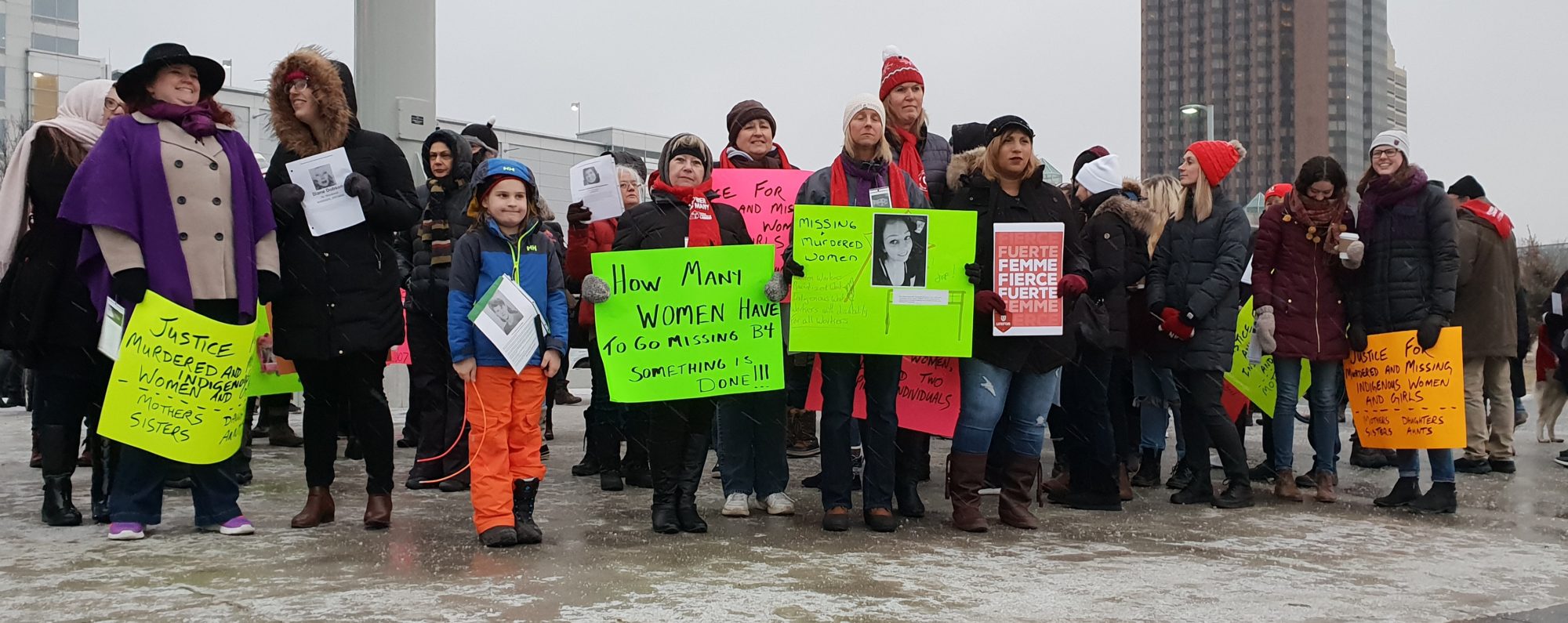Windsor’s women march on the strength of the waves

All gender together on Woman’s March by the Red Flag, on January 17, 2019, Windsor
Hundreds of Windsor women have joined together to fight for equality and against gender-based violence for all Windsor women and women across the world.
For hundreds of years people were battling for their rights and battles that are lately run by women all across the world will surely leaving a huge mark in human history. And Windsor women are definitely playing a big role in making history and creating a new future.
One of the most familiar is the Million Women March from 1997 involving about 500,000 people. The march was envisioned and intended to help bring social and economic development and power throughout the black communities of the United States. The aim of the march was to give hope, unity and sisterhood to women, men and children of African descent globally regardless of nationality, religion, or economic status.
Some of these women are unknown and people of today are unaware of the origin of struggle for equality and universal civil rights.
“My mom had to give me away when I was three weeks old because her right to kept me was taken away,“ said Therese Hounsell, one of the numerous women from Women’s Marches that were organized in the last few days in Windsor.
“I never saw my mom,” Hounsell said with tears in her eyes gently holding a picture of her mom in hands.
All age groups united in support against gender-based violence at Windsor’s Great Canadian Flag in January.
Windsor’s riverfront and streets were full of bright lights and boards with messages as a mass of sisters in spirit, as they are called, marched together raising voices against gender-based violence and inequality.
“We are going to join our sisters tonight in unity and in love for those who cannot be here today and for those who have inspired us to move forward,” said Michelle Mainwaring, co-organizer of the march wearing the picture of honoured Lori Dupont.
Dupont was a Windsor nurse who was stabbed to death at the hospital where she worked, and was often harassed by the doctor who eventually killed her.

Michelle Mainwaring hold the of Lori Dupont on Woman’s March beneath the Big Red Flag in Windsor, January 17, 2019.
Mainwaring was thinking of all missing and murdered indigenous women in Windsor and across the river in Michigan and alluded to the disproportionate amount of woman casualties lately. Another worldwide Women’s March was held Jan. 21, 2017, the day after US President Donald Trump’s inauguration.
Women decided to raise their voices as a direct response to Trump’s alleged disrespect for women’s rights. These protests have launched a huge wave all over America, Canada, Japan and Europe. A movement called #MeToo continues to grow and break down the walls.
The mission of these great rallies is to gather the political power of diverse women and their communities to create a change in the society.
“I have recently met some young women who are in their 20s and I was really sad to hear that the same things are going on now as they were when I was in my 20s,” said Melinda Munro, a participant in the Women’s March.
“Men sexually harassing them, they have hard time in getting jobs. I have a duty to be out here.”
Hounsell feels connected with marches because they are helping her to cope with herself.
“Dear sister, I got you,” Hounsell continues to describe the emotions she has while being a part of huge movement. Although she has a happy marriage and wonderful child, her younger years left an impact in her life.
“I feel so supported and inspired by these amazing women. I feel accepted and loved,” she said.
Hounsell said there are so many stories of women suffering and they have to be said in order to get help and support.
“To survive and to become yourself afterword you become empowered by raising from your victimhood,” Hounsell said.


